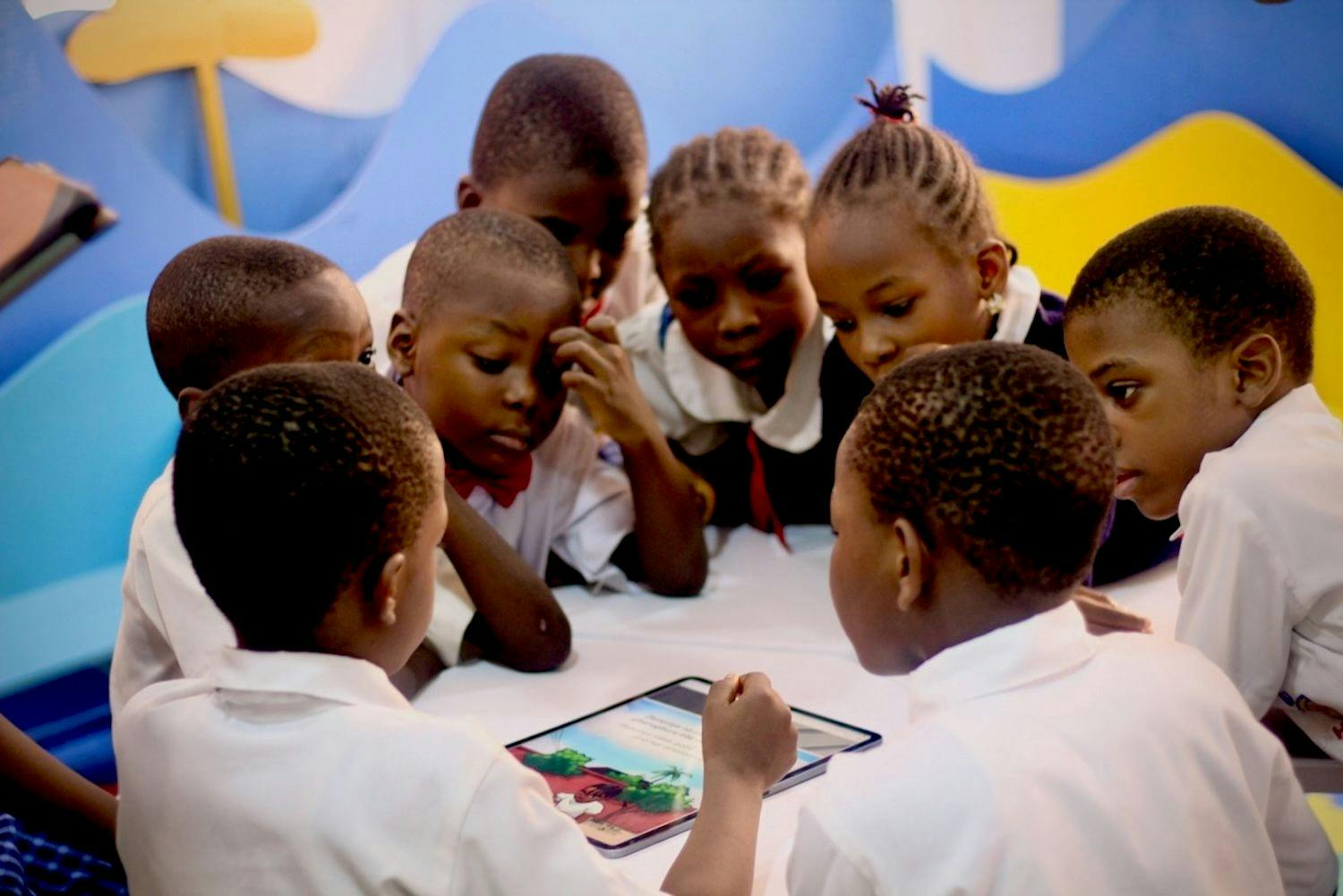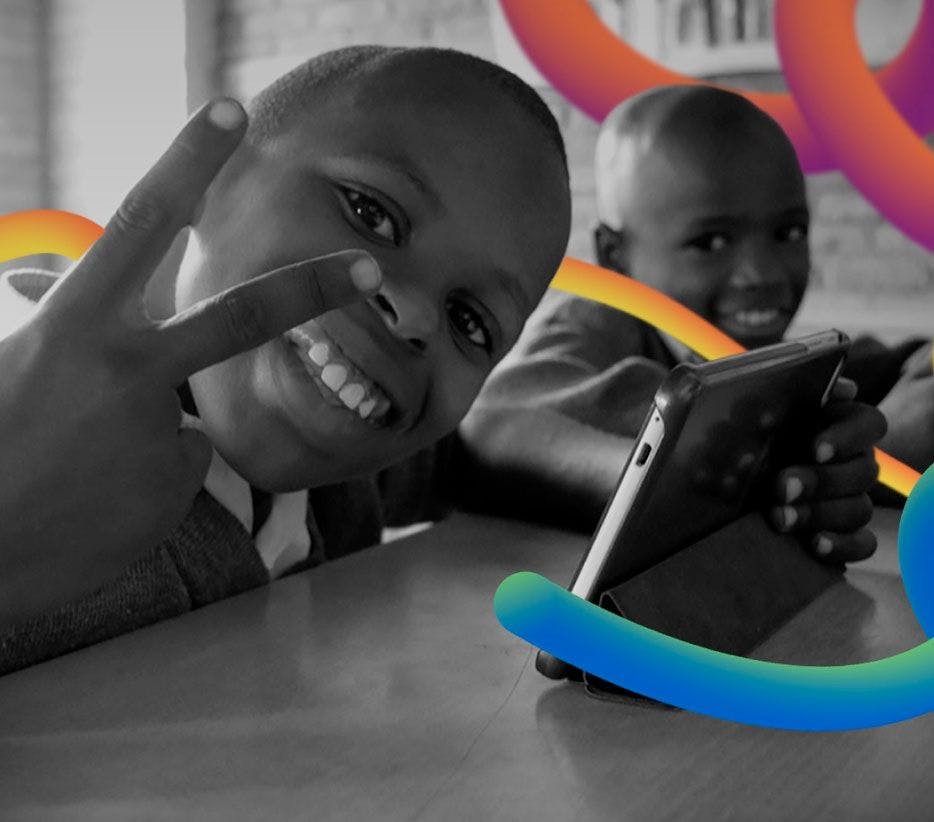A conversation with mother tongue speakers in Kenya and Nairobi
International Mother Language Day serves as a vital reminder of the importance of embracing and preserving linguistic diversity. In a world where English often dominates the realms of commerce, education, and media, the significance of mother tongue can be overshadowed. However, for mother tongue speakers, this day is not just a celebration of language; it's an affirmation of identity, culture, and heritage. For those in societies where English is the primary language, understanding the importance of mother tongue languages may seem abstract. Yet, advocating for multilingual education is not merely about preserving linguistic variety; it's about fostering quality, inclusivity, and equity in education.
I spoke to some of our team at NABU to understand what mother tongue means to them. NABU’s Global Creative Fellowship Lead, Kate Wanjira, spoke her mother tongue of Kikuyu at home as a child, but lost it growing up in Nairobi where Swahili dominated. She is now re-learning her mother tongue: “I see my mate’s speaking their mother tongue with so much pride and happiness, with so much ease, and I envy them! I want to honor my language, honor where I come from, honor my people, honor my foremothers. I want to have an identity.”
Thecla Uzozie, who is based in Lagos, is an accomplished artist and writer for NABU, and she shared similar sentiments: “Your mother tongue does keep you rooted, it gives you this sense of identity. There is this sense of belonging - I am in this very big city, but I am not alone. It's a beautiful feeling, and I believe that is something that every single person should experience.”
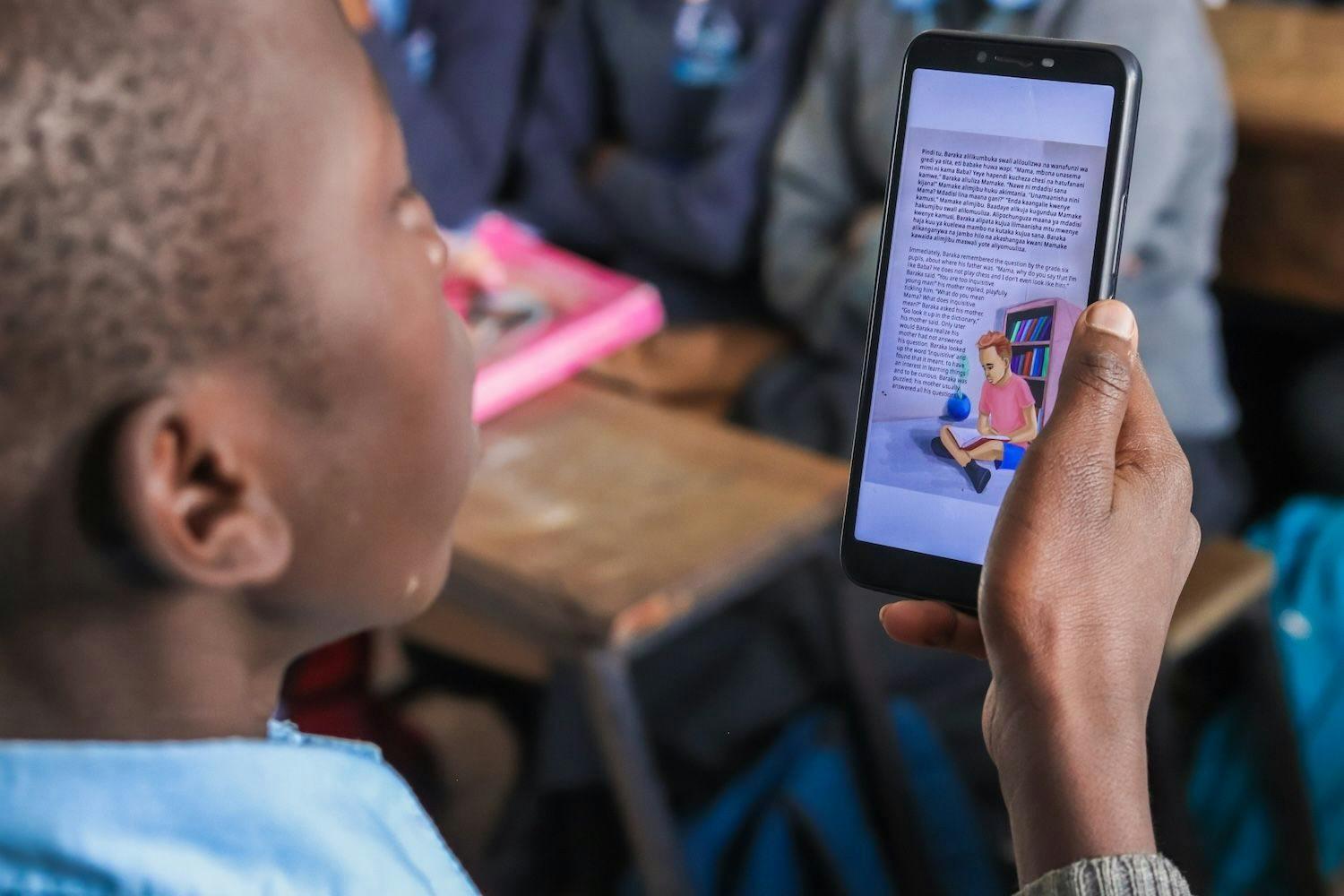
Advocating for mother tongue language is essential, not just for the value of linguistic diversity itself, but for the profound impact language has on personal and collective identity. Language is a vessel for cultural expressions, traditions, and values. It connects us to our ancestry, shapes our way of thinking, and influences how we perceive the world. For individuals in communities where the mother tongue is different from the dominant language of their society, maintaining a connection to their native language is essential for feeling confident and grounded.
Multilingual education also stands as a key pillar of learning because it recognizes and values the linguistic heritage of every student. It builds bridges between home and school life, ensuring that learning is relevant and deeply connected to the students' lived experiences. As Kate shares, “There is clear research that says when a child reads in a mother tongue, it builds their ability to learn new languages. It expands their vocabulary, elevates their cognitive abilities like critical thinking and emotional intelligence. This process is made easy by them learning in a language that they easily understand, which is their mother tongue. So everything goes back to the mother tongue language.”
Moreover, multilingual education promotes inclusivity and equity. It challenges the one-size-fits-all approach to education and acknowledges the diverse linguistic backgrounds of students. According to the UN, mother tongue learning in early childhood is one of the most cost effective interventions in literacy, and is essential to achieve SDG 4 by 2030. By integrating mother tongue languages into the curriculum, schools can provide more equitable learning opportunities, tailor education to meet the needs of all learners, and ultimately, improve educational outcomes.
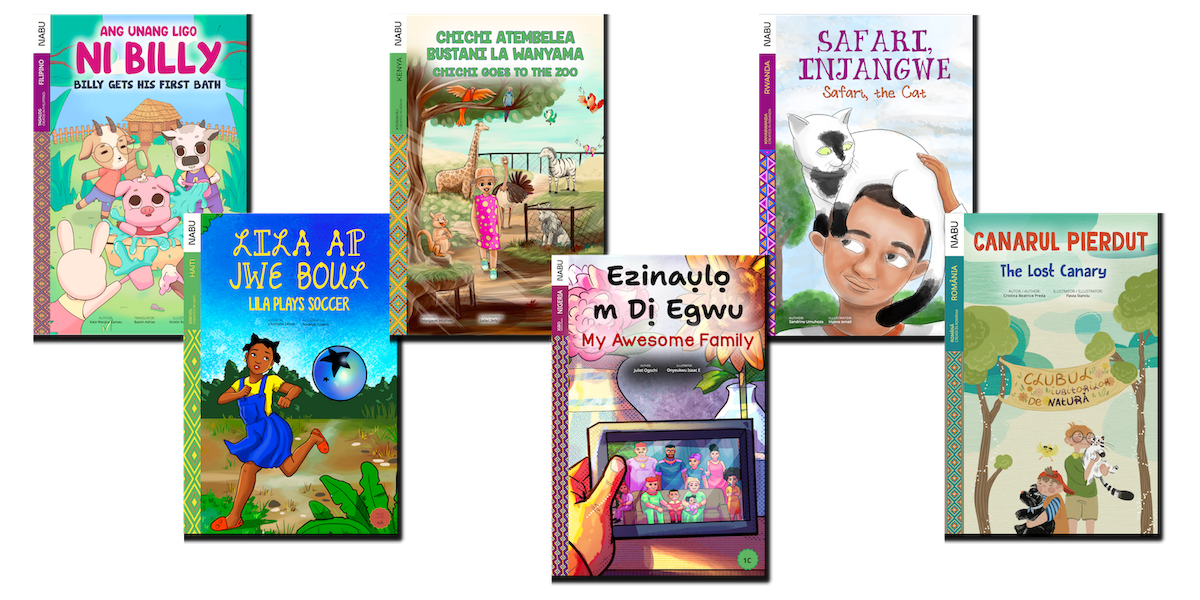
The stories and voices of the local NABU team and users are powerful testimonies to the critical role of mother tongue in education. NABU staff are on the front lines, fighting for the fundamental right for children to access educational resources in a language that they speak and understand. Their experience and insights highlight the undeniable fact that language and culture are integral to quality education.
As we observe International Mother Language Day, let us advocate for a multilingual education system that respects and values the linguistic diversity of every student. Let's commit to creating learning environments that are inclusive, equitable, and rooted in the rich tapestry of languages and cultures that define our global community. The urgency to focus on mother tongue and education is clear—it's time to ensure that every voice is heard, every language is celebrated, and every child has the opportunity to learn in a way that feels like home.
—
As one local NABU team member eloquently put it, "Our language is our soul. When education honors our mother tongue, it honors who we are at our very core."
Another colleague shared, "Learning in my mother tongue has made me feel seen and understood. It's like the education system is saying, 'You belong here, and your culture matters.'" These sentiments underscore the importance of mother tongue education in fostering a sense of belonging and self-assurance among students. It's not just about learning to read and write in one's native language; it's about validating the identity and heritage of every learner.
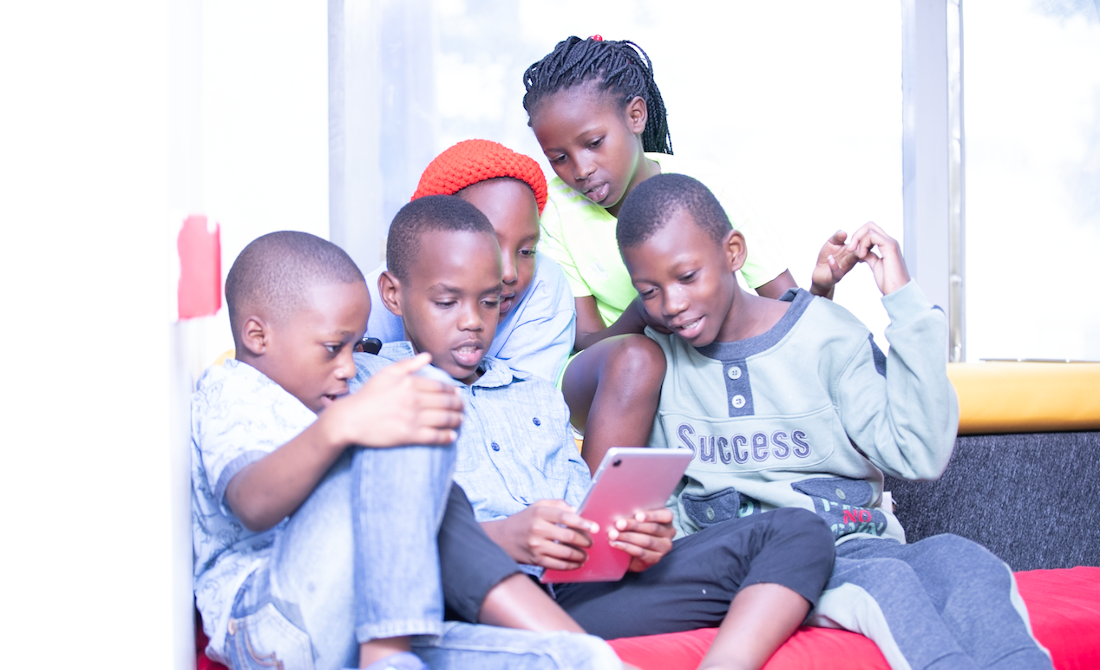


Donate
Your donation makes a difference. Join us in our mission to ensure every child has equal access to literacy and learning resources.
THE IMPACT OF YOUR GIFT
NABU is free for children, families, and teachers, thanks to our generous donors. Your donation can make a big difference:
- $25 monthly subscription for one child: Provide access to the NABU app and hundreds of bilingual books for a child and their family
- $45 monthly subscription for one classroom: Gift NABU to a teacher for use in their classrooms to support student learning
- $1,500 to publish a children's book: Support our professional development initiatives, training local artists to create culturally relevant stories for children in their communities, with translations into 25 languages
- $5,000 to sponsor a country-wide children's radio program:Expand our impact through storytelling radio programs across an entire country
